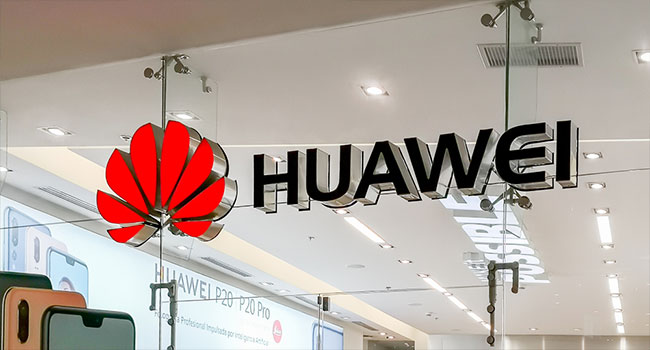
Senators Call For Commerce Department To Stop Licensing Tech Sales to Huawei
Huawei has started granting licenses to companies, including Microsoft, hoping to sell products to the Chinese tech giant.
- By Haley Samsel
- Nov 25, 2019
More than a dozen senators from both sides of the aisle are asking the Commerce Department to stop issuing licenses to companies seeking to sell exports to Huawei, the Chinese tech company that has been placed on the “Entity List.”
The department, which has blacklisted several Chinese tech companies including Dahua Technology and Hikvision, announced on Wednesday that it has begun granting licenses to American companies seeking to sell semiconductors and other parts to Huawei. Many video surveillance and security companies formerly did business with Huawei.
Huawei, which was added to the “Entity List” in may, remains on the trade blacklist. Only a quarter of the some 300 companies who have applied for licenses have received them so far, according to The Washington Post. Microsoft, which plans to export mass-market software to Huawei, was among the companies approved for a license on Nov. 20, the company said.
Shortly after the Commerce Department announced the move, 15 senators spoke out against the move, warning President Trump that doing business with Huawei in any capacity puts American national security at risk. Sen. Tom Cotton (R-Arkansas) and Senate Majority Leader Chuck Schumer (D-N.Y.), who have previously paired up to question TikTok’s ties to the Chinese government, penned the group’s letter to Trump.
“You have said yourself that you did not want the U.S. doing business with Huawei,” the letter reads. “National security experts widely agree that Chinese companies cooperate heavily with the Chinese Communist Party, and the Chinese government is thought to exercise considerable influence over Huawei, in particular.”
Schumer, Cotton and their fellow senators requested that the department stop granting licenses until they provide Congress with a report outlining how officials are determining whether or not a license request poses a national security threat.
“We believe that the approval of these export licenses would undermine the original intent of the Entity List designation, allowing Huawei to continue to pose a serious threat to U.S. telecommunications infrastructure and national security more broadly,” the senators wrote.
Huawei is already facing opposition from other sectors of the federal government. On Friday, the Federal Communications Commission voted unanimously to block U.S. telecoms companies from using federal funding to buy Huawei and ZTE equipment due to potential national security threats.
American companies still have another 90 days to work with Huawei thanks to a third extension granted by the Commerce Department on Nov. 18. Internet companies operating in rural areas of the country, which rely largely on Huawei equipment, have struggled to update their networks and are using the extended time to buy new parts.
About the Author
Haley Samsel is an Associate Content Editor for the Infrastructure Solutions Group at 1105 Media.